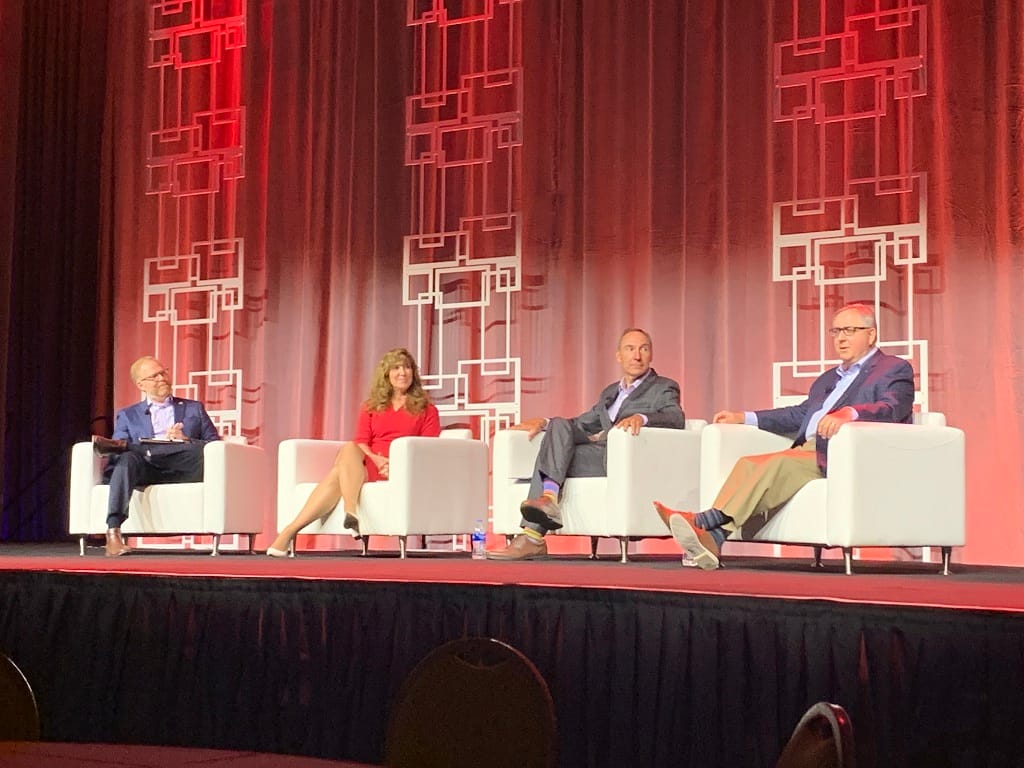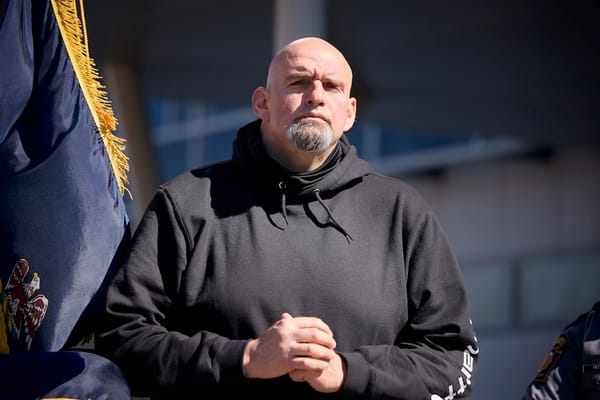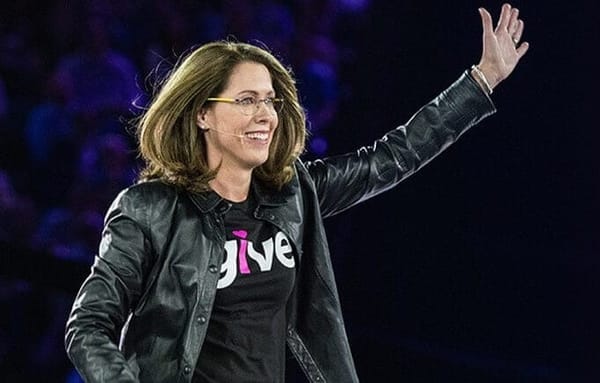Fiber Connect 2021 Panelists Reflect on Political Action During Pandemic and Concerns
Industry association reps discussed changing attitudes in Washington about broadband and concerns about political action.

NASHVILLE, July 28, 2021—Panelists at the Fiber Connect 2021 conference Tuesday reflected on the positive events over the course of the pandemic, and the apparent changing attitude in Washington with respect to broadband deployment.
Specifically, Shirley Bloomfield of the NTCA – the Rural Broadband Association said she is encouraged by the apparent attitude shift coming out of D.C. since the start of the pandemic, particularly to the extent that lawmakers have begun to embrace community-based fiber deployment efforts to improve broadband connectivity.
In March, President Joe Biden’s massive infrastructure package, currently still before Congress, made specific mention of community broadband projects to deliver internet to all Americans by 2030.
And broadband-related activities have taken up more brain space in Washington since the pandemic has trained political eyes on the need for internet for successful remote work and school. A number of bills to improve broadband service have been introduced in Congress since the start of the year, including fiber investments and bills that would fundamentally change the tiers of service to boost speeds.
Bloomfield lauded the industry for how its members worked with communities over the course of the pandemic, presenting unique solutions to ensure that their customers benefited as much as possible from their networks.
The Fiber Broadband Association’s roundtable event included Bloomfield, Garry Bolton of the FBA, and Matthew Polka of ACA Connects, who spoke about the past 18 months and how Washington dealt with the crisis.
All the speakers were supportive of efforts in communities across the country, who they say have an extra incentive to ensure that the job is done right. Polka referred to workers in the industry as the “unsung heroes” of the pandemic, and remarked that, “A ‘thank you’ might be appropriate.”
Political action
Polka pointed to the Federal Communications Commission’s Emergency Broadband Benefit as legislation he argued would not only help to bridge the digital divide but would also likely serve as a template for future initiatives.
Though Polka was dismayed that the effort was funded through appropriations that will inevitably become exhausted, he was optimistic that the model would inspire future, similar efforts.
Though generally in agreement with her roundtable colleagues, Bloomfield added that she was anxious that Congress would merely use the EBB as a jumping off point for more involvement in private business matters.
She imagined a scenario where Congress begins to engage in rate setting – such as to set speed standards and regulate their rates – an activity she stated would only damage providers’ abilities to tailor services to consumer demand.








